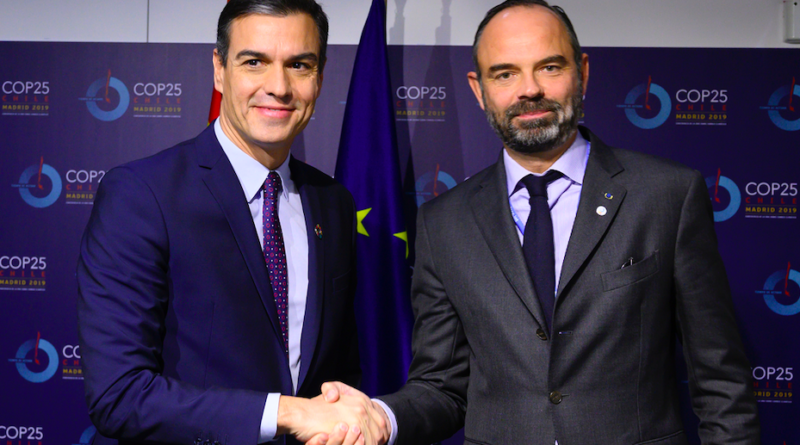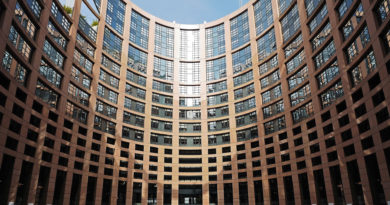Spain and France ready to sign dual citizenship agreement
Spain and France are preparing to sign an agreement to mutually allow dual citizenship for their nationals.
The announcement was made on the sidelines of the UN climate summit, which is taking place in Madrid. After a bilateral meeting with interim premier Pedro Sánchez, French Prime Minister Édouard Philippe said that “everything is ready for a dual nationality agreement with Spain.”
Although the signature date has not been specified, the deal has already been negotiated and officials are going through the administrative details, according to media reports.
At present, 165,000 Spanish citizens live in France and 106,000 French live in Spain (Eurostat data). But while France does not ban dual citizenship, Spain allows it only for certain countries.
Under Spanish law, citizens who are ‘habitually resident’ abroad and acquire another nationality lose Spanish citizenship after three years, unless they declare to the Civil Registry the intention to maintain it.
However, dual citizenship is allowed if the second nationality concern a Latin American country, Andorra, the Philippines, Equatorial Guinea and Portugal. Based on this week’s statements, France should be added to the list soon.
This would be the first such agreement between European countries (Portugal is already among the exceptions due to historical ties), a move that is seen by the Spanish government as a “strong symbol of European integration.”
But Spain is not the only EU country with restrictions on dual citizenship. The Netherlands, where a second passport is allowed only under certain conditions, is currently discussing an exception that would permit Dutch nationals in the UK to take British citizenship without renouncing the Dutch one in the event of no deal Brexit.
Germany allows dual citizenship to individuals from other EU countries (including Britons during the Brexit transition period, if there is one). Austria bans dual citizenship. Estonia, Lithuania and Slovakia apply strong restrictions too.
Claudia Delpero © all rights reserved.
Photo: Pedro Sánchez and Édouard Philippe meeting in Madrid, by Pool Moncloa, Borja Puig de la Bellacasa.
Europe Street News is an online magazine covering citizens’ rights in Europe. We are fully independent and we are committed to providing factual, accurate and reliable information. Our recent survey has shown that about two thirds of the people impacted by Brexit lack information about their rights and awareness is generally low for anything related to EU rights. We believe citizens’ rights are at the core of democracy and information about these topics should be accessible to all. This is why our website and newsletter are available for free. If you enjoyed reading this article, please consider making a contribution so we can continue and expand our coverage.





